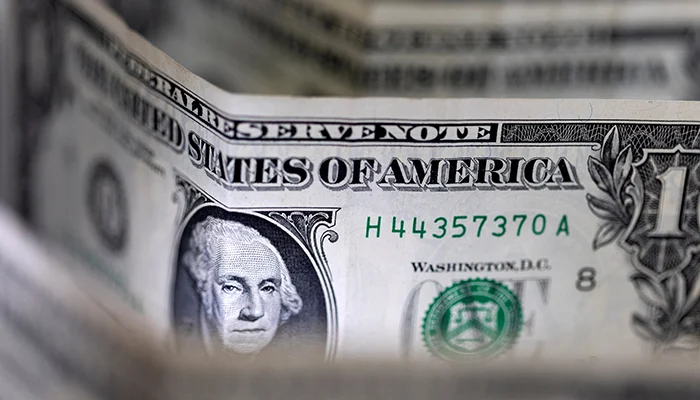
The Pakistani rupee rose by Rs9.59 against US dollar in the interbank market on Wednesday – its highest single-day gain ever.
The rupee closed at Rs228.80, up 4.19 per cent, compared to Tuesday's close of Rs238.38, according to the State Bank of Pakistan (SBP). The “remarkable recovery is primarily attributed to the improved economic fundamentals as the import bill in July 2022 has been reduced to $4.86 billion, down by 38.31 per cent, compared to $7.88 billion in the previous month” according to Mettis Global. Accordingly, the trade deficit for the outgoing month narrowed to $2.64 billion compared to a deficit of $4.96 billion in the preceding month, witnessing a slump of 46.77 per cent.
“Government’s efforts to reduce imports have now finally started showing results and the government is keen to work on making the economic crisis less,” Federal Minister for Finance and Revenue Miftah Ismail had commented on Monday. Pakistan sees a way out of its current economic crisis without descending into default, thanks to progress on a stalled International Monetary Fund (IMF) loan as well as spending cuts, the minister had separately said in an interview.
The rupee closed at Rs228.80, up 4.19 per cent, compared to Tuesday's close of Rs238.38, according to the State Bank of Pakistan (SBP). The “remarkable recovery is primarily attributed to the improved economic fundamentals as the import bill in July 2022 has been reduced to $4.86 billion, down by 38.31 per cent, compared to $7.88 billion in the previous month” according to Mettis Global. Accordingly, the trade deficit for the outgoing month narrowed to $2.64 billion compared to a deficit of $4.96 billion in the preceding month, witnessing a slump of 46.77 per cent.
“Government’s efforts to reduce imports have now finally started showing results and the government is keen to work on making the economic crisis less,” Federal Minister for Finance and Revenue Miftah Ismail had commented on Monday. Pakistan sees a way out of its current economic crisis without descending into default, thanks to progress on a stalled International Monetary Fund (IMF) loan as well as spending cuts, the minister had separately said in an interview.

